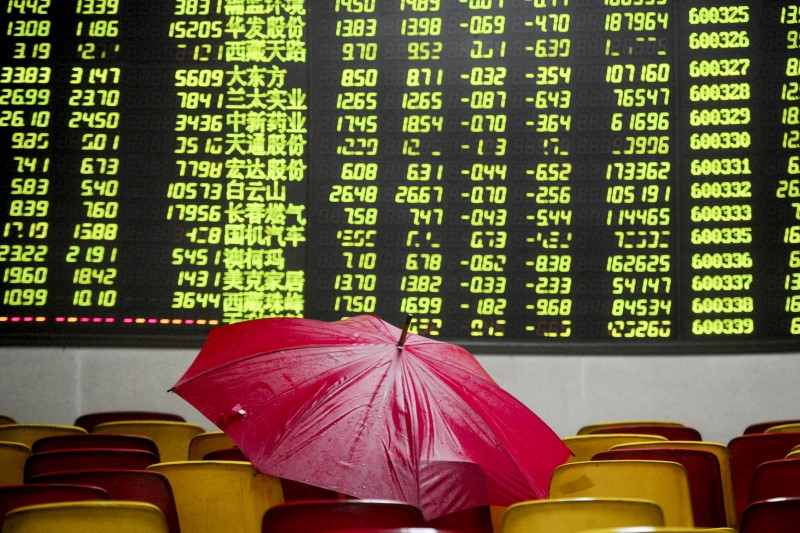Investing.com-- Most Asian stocks drifted lower on Friday, with Chinese markets sinking in anticipation of more cues on fiscal stimulus, while South Korean shares rose after the Bank of Korea cut interest rates.
Broader markets were subdued as hotter-than-expected U.S. inflation data spurred doubts over just how much the Federal Reserve will cut interest rates in the coming months.
Asian markets took a negative lead-in from Wall Street, which ended slightly lower on Thursday as the inflation data furthered bets that the Fed will cut rates by a smaller margin in November.
U.S. stock index futures drifted higher in Asian trade, with focus squarely on the third-quarter earnings season.
Chinese stocks sink with fiscal stimulus in focus
China’s Shanghai Shenzhen CSI 300 and Shanghai Composite indexes fell between 1.5% and 2%, losing ground after a volatile session on Thursday as investors awaited more cues on fiscal stimulus measures.
China’s finance ministry is set to hold a briefing on Saturday, where it will outline fiscal support for the economy. The briefing was announced after investors largely balked at Beijing’s latest round of monetary stimulus, and called for more targeted, fiscal measures.
Analysts expect China to deploy at least 2 trillion yuan ($283 billion) of fiscal measures, with a bulk of these aimed at shoring up private consumption.
Chinese stocks had initially rallied to two-year peaks on optimism over more stimulus. But this rally stalled in recent sessions, as investors doubted just how much headroom Beijing had to release more support.
A particular point of contention is China’s elevated debt levels, which could limit the scope of any fiscal stimulus. Beijing has also so far remained largely conservative with its stimulus measures.
Hong Kong markets were closed for a holiday.
Doubts over China weighed on broader Asian markets. Australia’s ASX 200 fell 0.1%, while Japan’s Nikkei 225 and TOPIX indexes traded sideways.
Futures for India’s Nifty 50 index pointed to a mildly positive open, after the index stemmed a sharp fall from record highs seen through the past week.
South Korean stocks up as BOK cuts rates
South Korea’s KOSPI added 0.3%, with local stocks buoyed by an interest rate cut by the BOK.
The BOK cut rates by 25 basis points to 3.25%, and signaled a shift away from its restrictive stance as local economic growth cooled and inflation fell.
The cut was the BOK’s first rate cut in over four years, and came as the central bank now sought to shore up slowing growth. A cooling house market was also seen necessitating looser monetary conditions in the country.
